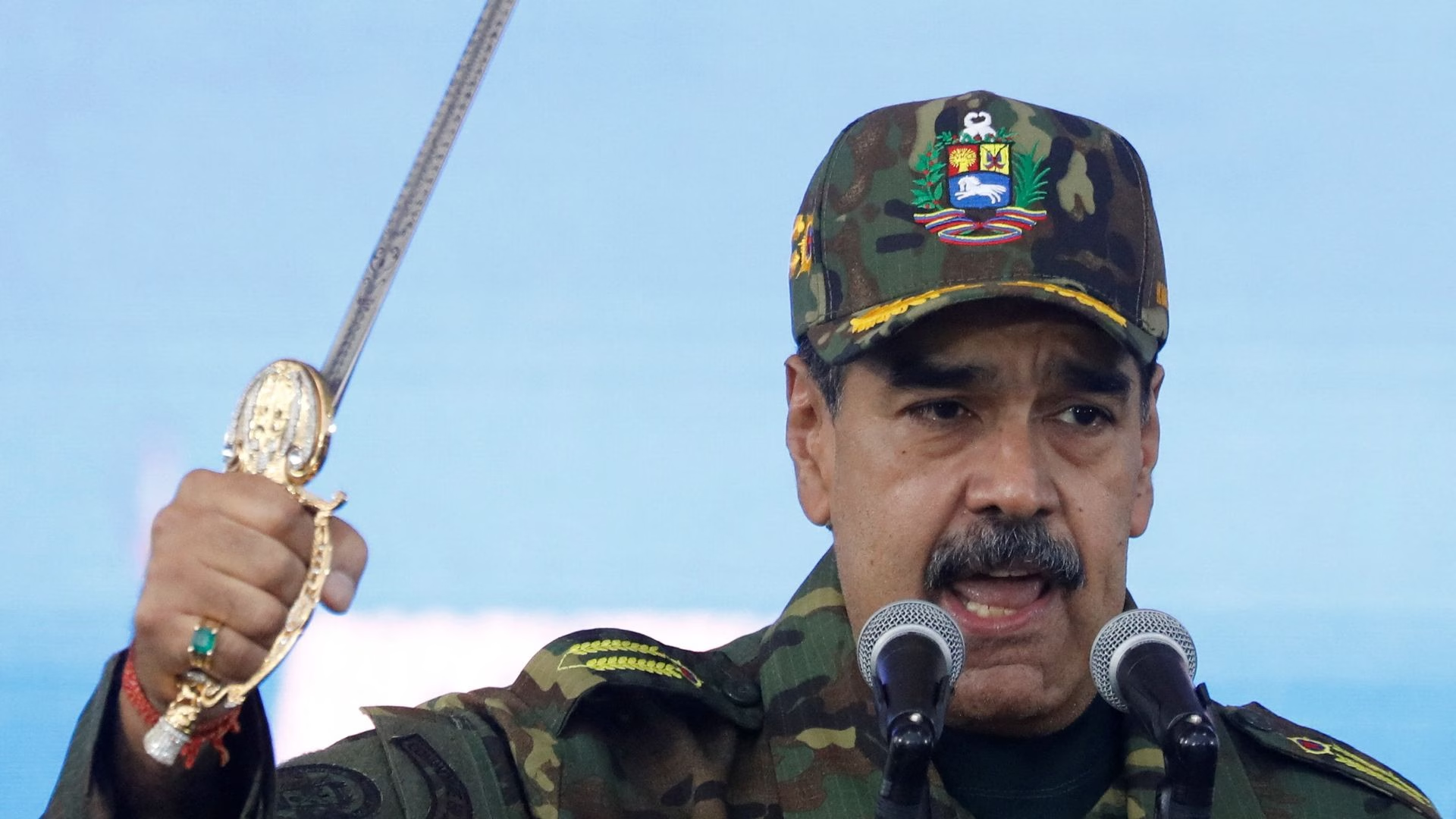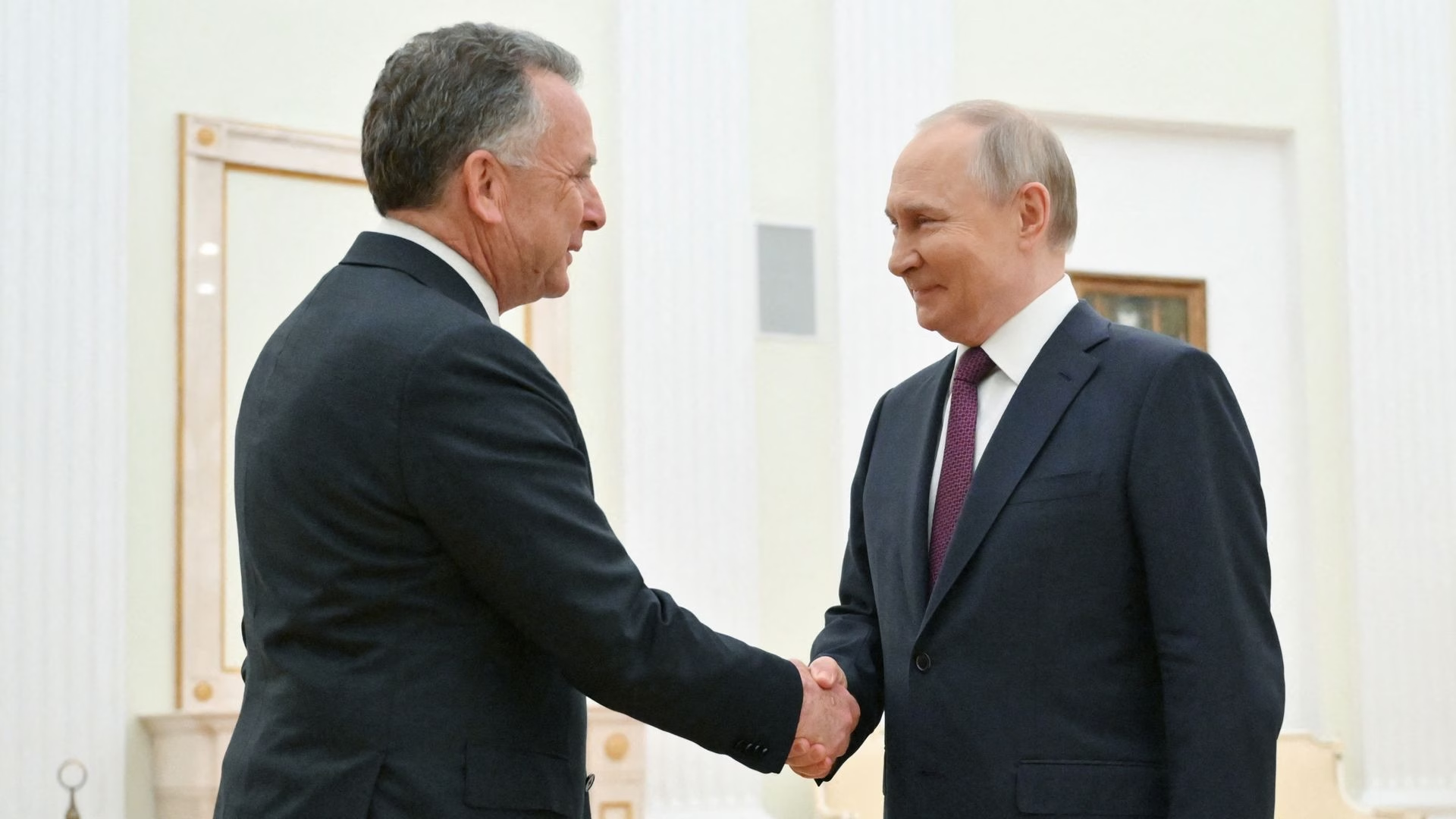
A referendum on the territory’s political status — which would give voters a chance to choose between independence and other options — could come in 2031, Premier Natalio “Sowande” Wheatley said during a Friday press conference.
“The House of Assembly dealt with that when we were in committee discussing the report of the Constitutional Review Commission,” Mr. Wheatley said in response to a question from the Beacon. “The [HOA’s] report will be forthcoming — that will be in the report. But if memory serves me correctly, we did propose for that date to be in 2031.”
He added that the VI is still a “colony of the United Kingdom” despite a 1960 United Nations resolution that called to abolish colonialism.
“The status that we have is an anomaly in the world,” he said, adding, “It’s not normal, and it’s something that we shouldn’t continue with. And we have an obligation to the United Nations to change political status at some point. And we should set a timeline. Hence the reason why we are seeking a referendum in 2031.”
In the meantime, he emphasised the importance of educating the public as recommended recently by a visiting mission from the UN’s Special Committee on Decolonisation, which is also known as the C-24.
“I’m hopeful that between 2027, when we hope to have a new constitution that will give us increased autonomy, and 2031, when the referendum is scheduled, that that will be a period where we can have enough education where persons can have a significant amount of confidence that they’re ready to change political status,” he said.
If a referendum is held and voters choose change, he added, a new timeline would need to be set for the way forward from there.
“We would take responsible measures to chart exactly when that would happen, looking at a bunch of practical things that have to be done,” he said.
Premier at the UN
Last month in New York, Mr. Wheatley used an address to the UN General Assembly’s Fourth Committee to praise the C-24 mission’s report following its August 2024 visit to the territory.
“The report made clear the British Virgin Islands is ready for a change of political status to achieve a full measure of self-government,” Mr. Wheatley told the UN committee on Oct. 7. “My government welcomes the findings and recommendations of the report, which calls for, among other things, an education programme on self-determination, full internal self-government, and a timetable for independence.”
As the territory prepares for constitutional negotiations with the UK, the premier also told the UN committee that his government’s main goal for constitutional advancement is “full internal self-government.”
“This will require the UK devolving to the elected arm of government constitutional responsibilities currently held by the UK-appointed governor — including internal security, the public service, administration of the courts, and external affairs,” he said at the time. “It would also include the premier chairing Cabinet as the head of government, as well as a fixed future date for a referendum on change of political status.”
Opposition rebuke
The premier’s UN address drew a sharp rebuke from Opposition Leader Myron Walwyn, who accused the premier of moving too quickly toward independence without the backing of the people of the VI.
“The premier’s decision to pursue discussions at this level without first addressing and properly consulting the people or seeking a clear mandate is a direct affront to the very principle of self-determination,” Mr. Walwyn said during an opposition press conference on Oct. 23.
He also accused the premier of confusing voters by using the terms “self-determination” and “independence” interchangeably.
“By conflating the two, the government is misleading the public and undermining the very principle of choice that self-determination stands for,” Mr. Walwyn said at the time.
Options for change
On Friday, however, Mr. Wheatley pushed back, noting that a change in political status doesn’t necessarily mean independence.
“The report of the C-24 visiting mission used the word ‘independence,’” he said. “So that’s perhaps why that is being repeated. But we recognise that the Virgin Islands has different options — independence just being one of them. So what I would prefer to say is that we should set a timetable for a change of political status.”
Mr. Wheatley told the Beacon in January there are three possible models if the VI-UK relationship is to change from its current form: independence; “free association” with the UK; and integration into the UK.
He added that he believes integration is “not realistic for us,” leaving the other two options to be considered.
“I don’t think free association with the UK would be bad at all,” Mr. Wheatley said at the time.
‘A bold stand’
Asked about Mr. Walwyn’s criticism during the Friday press conference, Mr. Wheatley stressed his position that the VI should have greater political autonomy.
“What we need are leaders who will take a bold stand,” Mr. Wheatley said. “So the opposition leader should state whether he agrees or disagrees with increased autonomy. I’m making it very clear what my position is: I believe in increased autonomy, and I stand by that.”
He also reiterated the importance of educating the public on the matter.
“Leaders have to lead, … and we take seriously the responsibility to educate persons on our particular views,” he said. “And when we have the referendum, of course, persons will decide for themselves. But at least persons should be educated and given the opportunity to make a decision as opposed to quote, unquote, ‘Kicking the can down the road,’ ignoring the issue, not making it a priority. We’re making it a clear priority.”
British Caribbean News


